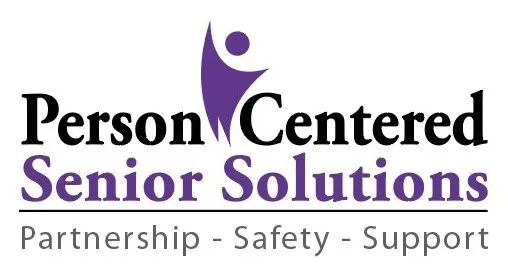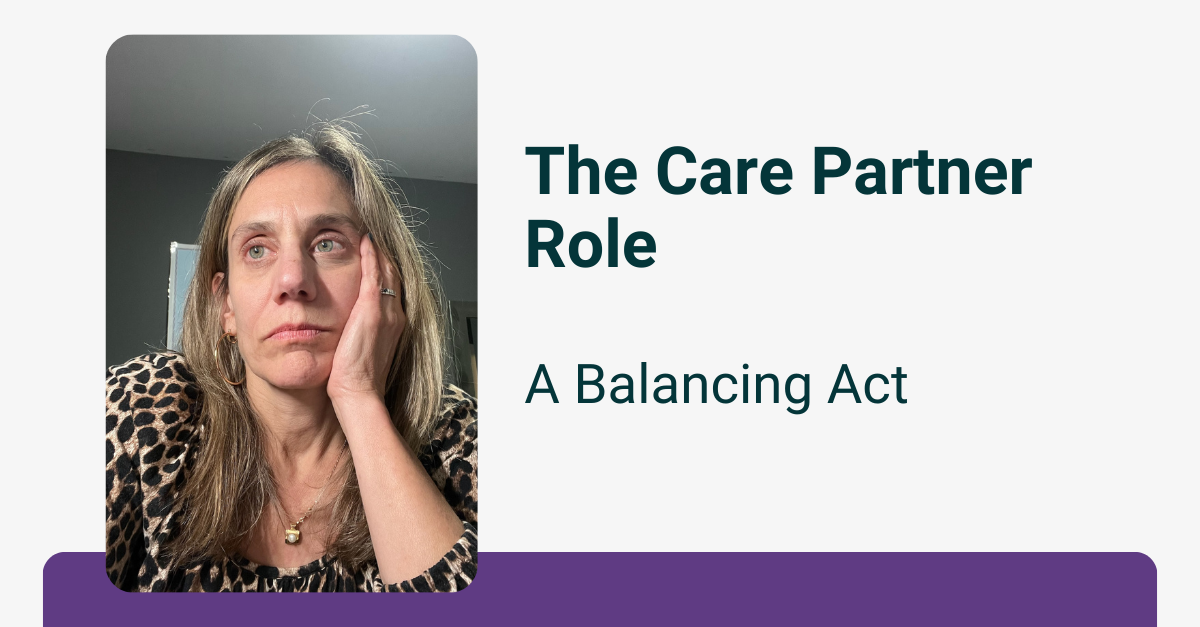Being in a care partner role is no easy task. It isn’t just for family members who live with their loved ones and provide daily care—it extends to anyone who supports, watches over, and walks alongside someone living with dementia.
I have a unique vantage point in this journey. As the primary care partner for my mom, I serve as the liaison between our family and the memory care community where she resides. I make a concerted effort to visit her multiple times a week, yet I constantly battle the guilt that it’s never enough.
At the same time, I support over 25 individuals with dementia and their families, walking their journey with them, offering emotional support, and witnessing their struggles firsthand.
No matter how much support is in place, anyone in this role eventually reaches a breaking point. Mine came a few months ago after an especially emotional day. I had spent hours helping families navigate difficult decisions—one struggling with the painful choice of moving a parent into assisted living against their will, another facing the transition to hospice care, and yet another dealing with a loved one’s sudden hospitalization after a fall.
When I finally finished my last call of the day, I glanced at the calendar and realized it was already Thursday—I hadn’t visited my mom all week.
At that moment, my husband called and asked if I wanted to go out for dinner and catch up. Without thinking, I snapped: “I’m too tired and stressed out to do anything.” That’s when it hit me—I had lost balance.

I was pouring so much of myself into my role as a caregiver that I was neglecting my own family and well-being. The emotional weight I had been carrying finally caught up with me, and I broke down.
That moment forced me to acknowledge something crucial: I needed support just as much as the families I was helping. So, I started a support group—not just for my clients, but for myself. It was a turning point, one that opened my eyes to the importance of self-care.
Sharing my experiences of supporting others has become a form of therapy. In fact, that’s why I began writing these blogs in the first place. They’ve become my coping mechanism, a way to process the emotional stress of this profoundly meaningful yet challenging role—one that I now recognize as my true calling.
No matter what your role is in caring for someone else, taking care of yourself is essential. Burnout is real, and you can’t keep pushing forward without tending to your own well-being. As I always say, you can’t take care of others if you haven’t taken care of yourself.
Understanding Care Partner Burnout
Caregiver burnout is a state of physical, emotional, and mental exhaustion that occurs when a caregiver neglects their own needs while tending to others. It often manifests as fatigue, anxiety, irritability, and even depression. Many caregivers feel isolated, overwhelmed, or guilty for taking time for themselves. However, self-care is not selfish—it is necessary.
Strategies to prevent burnout include setting boundaries, seeking support from friends or professional groups, taking breaks, and engaging in activities that bring joy and relaxation. Recognizing the signs early and taking proactive steps can make a significant difference in maintaining both your health and the quality of care you provide.
To follow me on this journey or start from the beginning, fill out the form on the right to subscribe to my blog, “My Mom’s Journey.”


